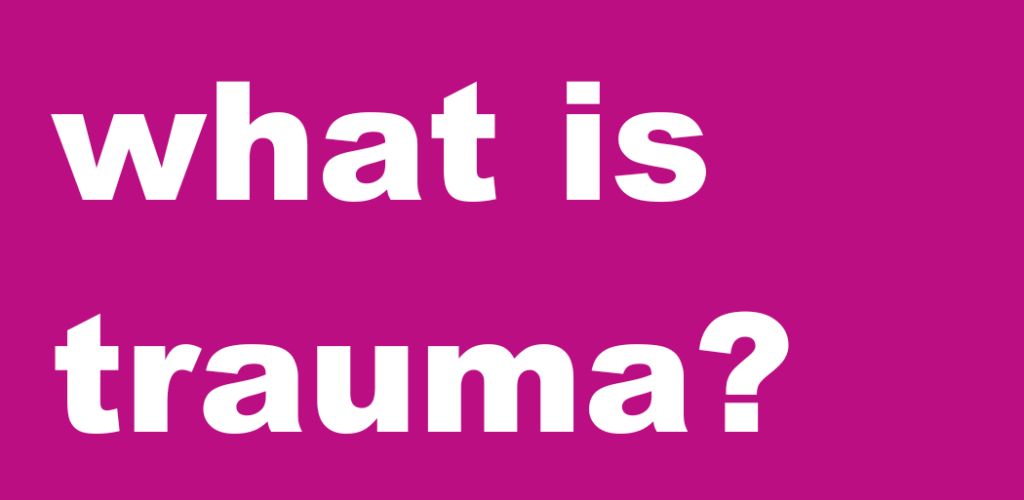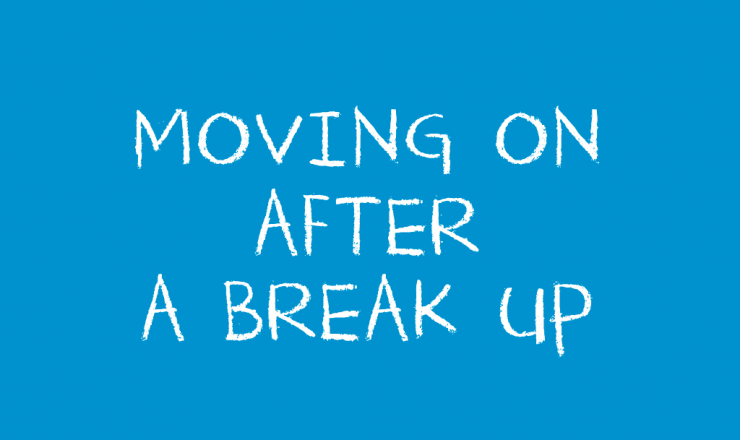What is trauma?
Trauma is a far more common mental health experience than we’re led to believe. It’s often caused by someone going through a very stressful, emotional, or frightening event and it shows up in a variety of ways! It usually results in a lasting emotional response that causes changes in the way someone behaves or reacts to certain stressors throughout their life. While we often have the tendency to think of trauma as something an individual goes through, it also ends up affecting those around the person directly exposed to it; managing relationships of all kinds becomes a lot more complicated when someone is also trying to manage their trauma.
Trauma can be unbearable, and experiencing post-traumatic reactions (responding to something that brings up a very intense emotional feeling) can feel overwhelming and confusing, and can make a person feel like they’re not in control. The way people feel about their trauma, how they cope with it, and the steps that work for them to manage it will vary a lot from person to person, and can be especially difficult for young people who might not feel like they’re taken as seriously as an adult when they’re honest about their experiences.
A mental health professional can talk to you about diagnosing or treating traumatic disorders, or help you talk about traumatic experiences you may have been through.
What can trauma look like?
Trauma can look like lots of things, and vary a ton depending on the person and what they experienced. It can change how you feel day-to-day, or cause you to behave differently than you did before, and it may feel confusing trying to understand the reason for these changes. Self-diagnosing is not a substitute for speaking with a mental health professional, but it can be helpful to better understand the different ways the effects of trauma can show up in your life:
Trauma may feel like being:
- confused
- shocked
- unable to easily concentrate
- angry
- irritable
- moody
- anxious
- fearful
- sad
- hopeless
- disconnected
- guilty
- isolated
These are just some of the emotional feelings that trauma can bring up, but it can also affect a person physically, a person may experience:
- having unpredictable and stressful flashbacks
- having trouble sleeping
- headaches
- nausea
- muscle tension
- difficulty breathing
Many of these symptoms can also be caused by other health issues. If you’re currently experiencing these symptoms, or are concerned, consider speaking to a health professional like your doctor.
Additional Resources
- Teen Health Source – What is Anxiety?
- Teen Health Source – Resources for Managing Anxiety
- Teen Health Source – Low/No Cost Mental Health Resources in Toronto
- Planned Parenthood Toronto Mental Health Services
- Centre for Addiction and Mental Health – Trauma
If you have questions about this topic, feel free to contact one of our peer educators. [Link]
Last edited: July 2023.






